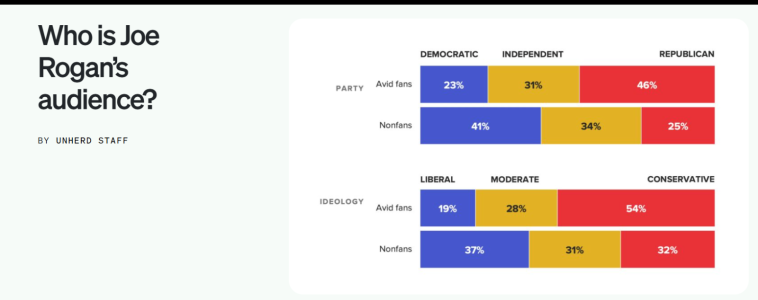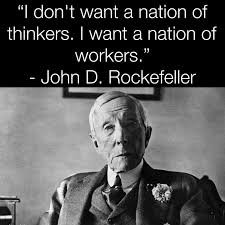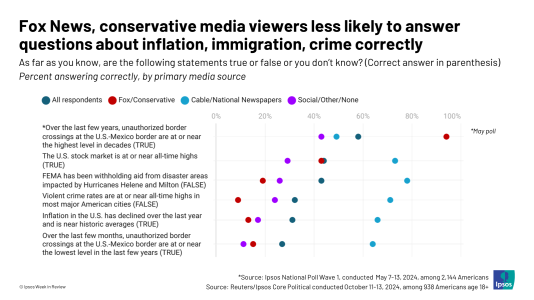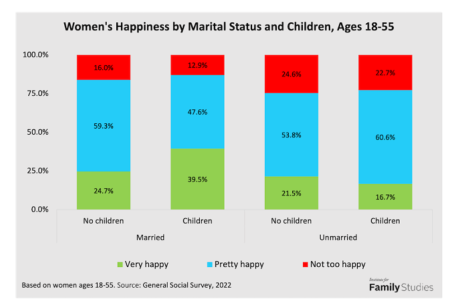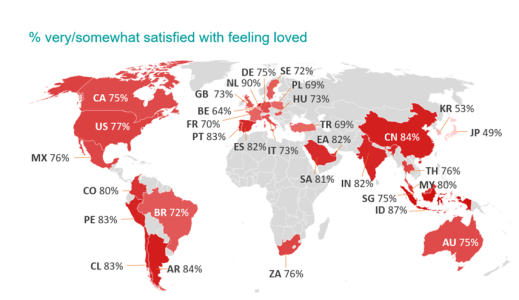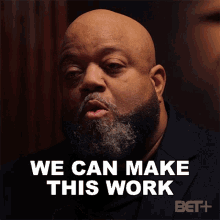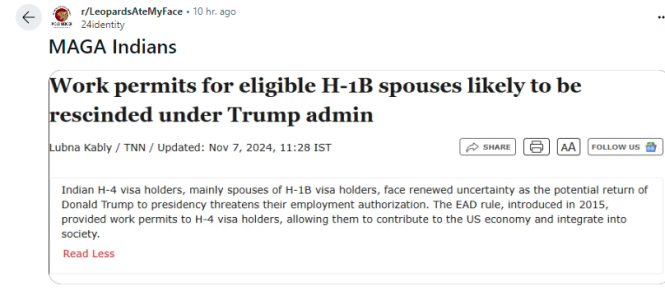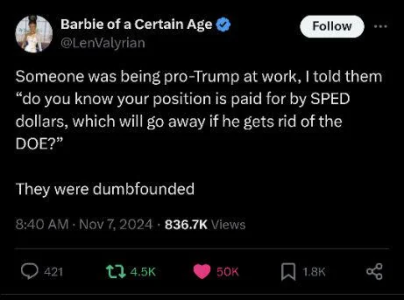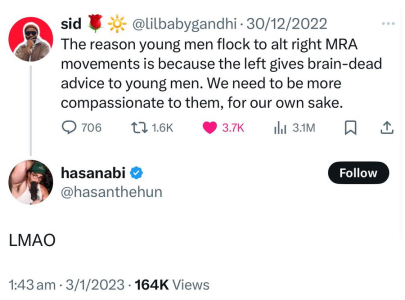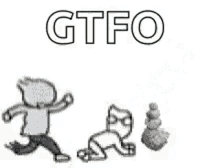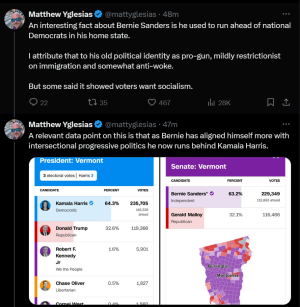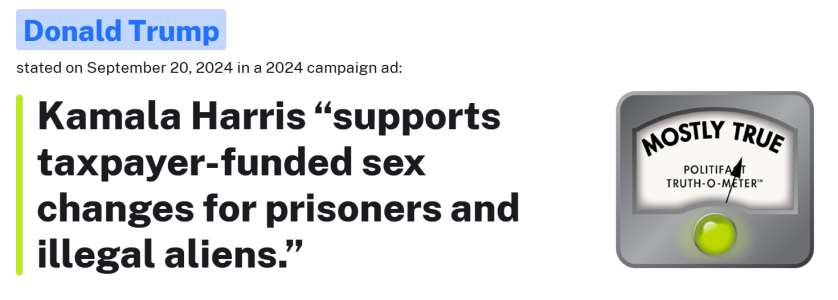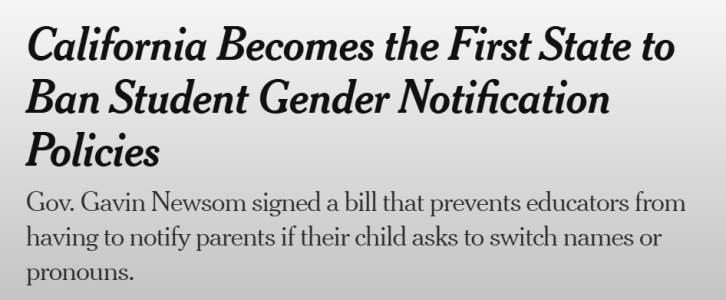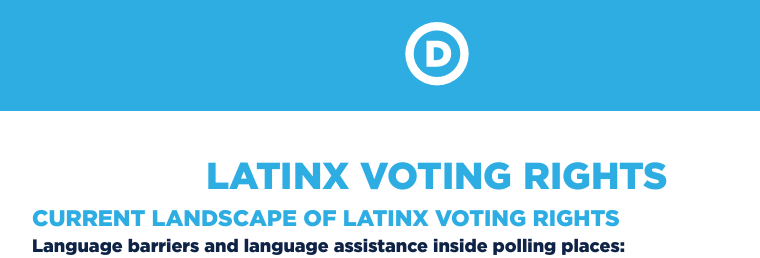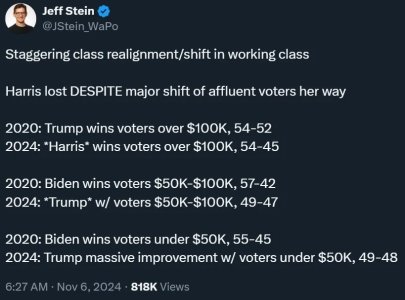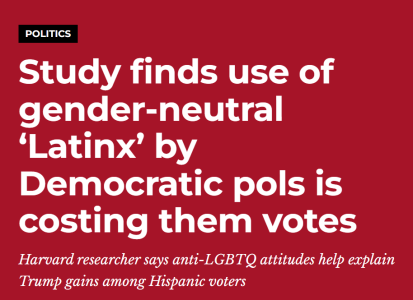MORE
In this March 13, 2015 photo, workers weld body panels on the new aluminum-alloy body Ford F-150 truck at the company's Kansas City Assembly Plant in Claycomo, Mo. The Labor Department releases first-quarter productivity data on Wednesday, May 6, 2015. (AP Photo/Charlie Riedel)
Analysts have identified productivity shortcomings in the labor market, but few agree on what's causing the problem. CHARLIE RIEDEL/AP
The U.S. economy is sick, and analysts aren't entirely sure where the ailment came from or how they should go about treating it.
What is certain, though, is that domestic productivity gains have ground to a halt, and even the most senior Federal Reserve official is now worried about where the economy can reasonably go from here.
"We have a lot of jobs being created in the face of not much output growth. Unfortunately, that means that productivity growth, which is the growth in output per worker [per hour worked], is very slow," Fed Chair Janet Yellen said recently during a speech at Harvard University. "Since productivity growth ultimately determines the pace of improvement in living standards for society as a whole, that's a serious and negative development."
[RELATED: Signs Pointing Everywhere But Up For Manufacturing]
Productivity is an oft-overlooked but fundamental component of economic success. When productivity picks up, it means domestic workers are generating more output without necessarily working longer hours, often because of technological innovations or modernized working conditions.
"Productivity matters because it's the building block for how fast the economy can grow," John Canally, a vice president and chief economic strategist at LPL Financial, wrote in a recent research note.
Better productivity also means companies can sell more products or services without forcing employees to work longer days, in effect boosting their own profits. In a perfect world, that extra corporate cash can then be reinvested back into the workforce – through purchases of new equipment, technology and facilities or through new hires to further increase output. The profits could also be used to reward hardworking employees in the forms of raises, bonuses or increased benefits.
But this is not a perfect world, and that's not what's been happening in recent years. Although corporate profits are still solid, businesses have been far more likely to buy back their own stock than they've been to invest internally.
Over the last 20 years, the only time private nonresidential fixed investment growth dropped lower than it did in the first quarter was during or immediately following a recession. ANDREW SOERGEL FOR USN≀ SOURCE: BEA
Investment Shortcomings
Nonresidential fixed investment – a proxy for how much money domestic businesses are putting back into their own operations – fell 6.2 percent in the first three months of 2016, representing the metric's largest single drop since the country was in the midst of the Great Recession in 2009. Investments into new equipment contracted 9 percent, and spending on new structures has fallen in four of the last five quarters.
"[Business investment] has been weak, and it's a little less clear why," says Bob Hughes, a senior research fellow at the American Institute for Economic Research. "Energy in particular, with the collapse of energy prices in the middle of 2014 – that is having a big impact. But the declines in investment were broader-based than that. It's not just the mining industry and the energy industry."
Productivity growth has been all over the board for decades, but 2016 is expected to be the first year of contraction since the 1980s.
That lack of investment has also restricted productivity from generating much momentum.
"Over the last five years, productivity growth has averaged only 0.5 percent per year, and that's a really very miserable pace in historical context," Yellen said Friday.
Indeed, The Conference Board estimates domestic productivity ticked up an average of only 0.34 percent per year between 2011 and 2015. That's well shy of the 1.93-percent average maintained between 1990 and 2010. And that recent productivity growth also falls short of several other major world economies – the U.K.'s productivity gained an average of 0.48 percent, Germany's climbed 0.84 percent and even Canada's ballooned 0.86 percent per year between 2011 and 2015.
"I think the major problem that exists [in the world] is essentially the issue that productivity growth, pretty much across the spectrum of all economies, has been under 1 percent per year for the last five years," former Fed Chair Alan Greenspan said during an April speech with fellow current and former central bank officials.
What's more, American productivity is expected to decline 0.2 percent in 2016 – the metric's first annual contraction since the 1980s.
What Can Be Done?
Analysts have reached a general consensus that the rate of productivity growth in the U.S. is a problem, especially this long after the Great Recession. But there's been significantly more debate over how to fix it, in large part because there's little consensus as to what's actually causing the stagnation. Yes, businesses aren't investing much, but that's only part of the story. And economists aren't even clear on precisely why that investment decline has developed.
"The debate is whether the slowdown in productivity is cyclical (largely due to the nature and severity of the Great Recession), structural, or something else – that something else usually being a 'measurement problem,'" Canally said, indicating most analysts are in at least one of the three camps.
Cyclical: The folks who believe the productivity slowdown is cyclical generally argue that productivity runs on delayed reactions. Productivity is influenced both by output levels and employees' hours worked, but the latter often moves more quickly than the former.
"As an example, during the Great Recession, the massive layoffs initially led to a surge in labor productivity growth as output was slower to adjust," Gregory Daco, head of U.S. Macroeconomics at Oxford Economics, wrote in a recent research note.
Indeed, U.S. productivity climbed 0.7 percent in 2008, 2.9 percent in 2009 and 2.6 percent in 2010 – during which time the domestic economy shed more than 7.5 million net jobs on net. Output was slower to adjust than the reduced employee hours, so productivity climbed as the overall labor market suffered.
Since then, however, the U.S. has generated more than 13 million new jobs. Some analysts argue that the rate of job growth – which is undoubtedly a good thing for the American economy – has naturally restricted productivity expansion.
Businesses also seem to be more confident about the earnings implications of stock buybacks than they are about investing in organic sales growth, which says quite a lot about the business environment they’re in. At least part of this is cyclical – it’s been nearly seven years since the Great Recession ended, and companies could be counting on a future downturn and are thus loath to invest significantly in their own operations.
Structural: Others, though, argue productivity's problem is more alarmingly structural in nature and may not resolve itself naturally. Daco cited "weak demand, a lack of focus on intangible investment, poor diffusion of innovations and skills mismatch" as "important factors behind the productivity sluggishness."
The idea that productivity could be waning as a result of a U.S. skills gap isn't that farfetched of an idea. Nearly 14 million more people were employed in April than was the case six years prior, yet high-skill employers consistently bemoan their perceived lack of qualified candidates. If these firms are unable to fill their open positions or are actively hiring unqualified workers, their productivity will naturally take a hit.
Measurement: Still others suggest productivity may not be as bad as it's made out to be, in part because decades-old government metrics aren't doing a great job of capturing the effects of technological or industrial innovations.
"Anecdotal evidence illustrates how more and more services like Airbnb or TaskRabbit are transforming the economy in a way that may be increasingly difficult to capture through official statistics," Daco said. "The exclusion of intangible investment [like research and development, marketing and product design] from national statistics may also play a growing role in pushing down official measures of labor productivity growth."
Most analysts find themselves split between multiple camps, which further complicates the search for an agreeable solution. Daco estimates that about 20 percent of productivity's weakness can be attributed to measurement issues, leaving about 80 percent as a "real" problem that can be addressed through workforce training programs, promotion of competitive trade measures and increased labor market flexibility, among other things. These underlying solutions, though, are often partisan in nature. Though training programs have been successfully implemented in recent years, their scope has still left much to be desired.
In the midst of this productivity decline, other economic indicators, ranging from consumer spending to new home sales to job openings, have soared to multi-year highs in recent months. The recent progress suggests the second quarter of 2016 could shape up to be the economic equivalent of the Michael Jordan Flu Game of 1997 – a surprisingly strong performance in the face of restrictive, less-than-ideal conditions.







